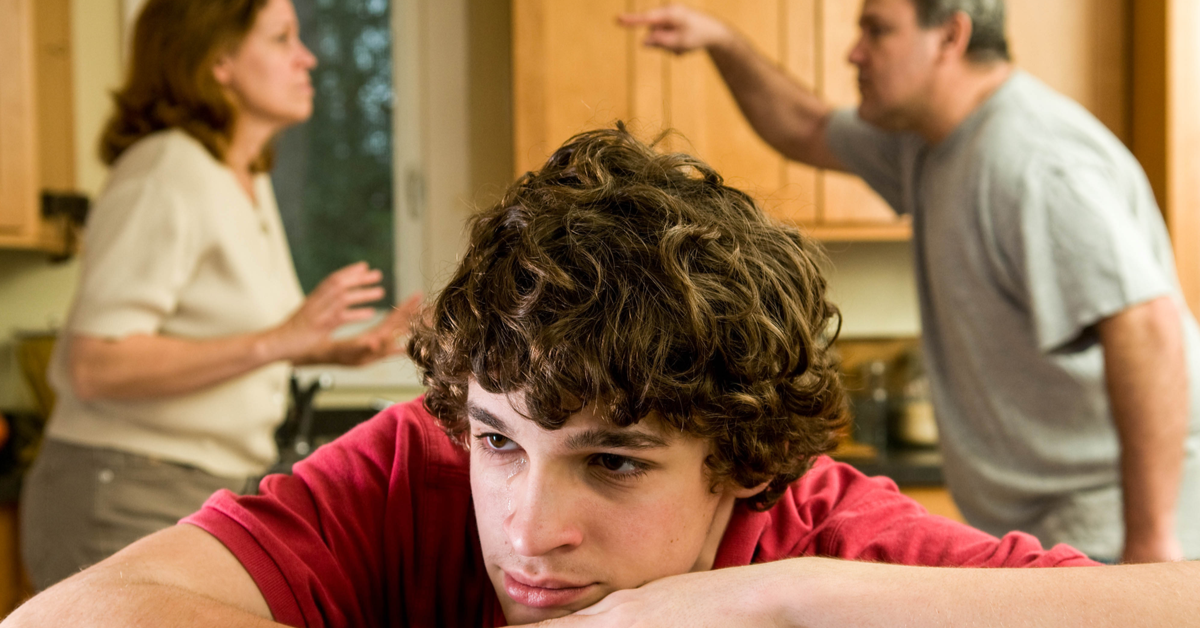Divorce is difficult for everyone in the family, but how does it affect your teen? Most teens are unaware of how to deal with these changes and may act out in different ways from shutting down to acting out. If your teen is having difficulty comprehending how to deal with the divorce by acting out and getting into trouble then a residential treatment center may be a solution worth looking into.
Feeling Abandoned
Teens with divorced parents often struggle with attachment issues. Whether it’s real or not, teens may feel like one parent has abandoned them, or doesn’t love them anymore. They can develop problems with depression, anxiety, or low self-esteem. Teens can also develop problems with relationships because they believe that relationships don’t last, and they see only the negative side of marriage.
Facing Change
Teens also struggle with the changes that divorce brings. If the divorce brought on a move to a new family home, teens will grieve the loss of their old home, bedroom, friends, and school. They may be unsettled by the frequent traveling from one parent’s house to the other’s house. Teens can find it difficult to adjust to the change in rules and lifestyle at each parent’s home. They may start to rebel against all rules, or refuse to go for a scheduled visit.
There may also be a change in family roles following a divorce. Single parents often have to spend more hours working, and teens take on more responsibility for the home and for themselves in the parent’s absence. They may feel that they are being forced into adult roles too soon.
Acting Out
Teens in a divorce may start to get in trouble in school or with the law, experiment with drugs or alcohol, or become defiant and rebellious. This is usually the largest sign for concern as this could change an otherwise well-behaved teen into a teenager that may punish one parent, if not both of them, seek for ways to be out of the house and retaliate when forbidden from doing so, as well as causing self-abusive harm. Parents need to unite in watching for signs of behavioral, emotional, and mental health issues, and be proactive in getting help for their teens.
A Fresh Start
If your teen is already acting out, and therapy has not helped, you may want to consider sending your teen to a therapeutic boarding school. Sometimes it’s best to remove teens from their current, stressful environment and give them a chance for a fresh start. This is especially true if your teen is using drugs, or has become a danger to himself or violent with others.
At HelpYourTeenNow, teens receive therapy for their emotional, psychological, or behavioral problems. They earn academic credits and participate in social and physical activities. Families are also involved in the therapy program, through secure online video services, and during family visits. Giving your teen a break from the stressful situations divorce brings and providing therapy to help him cope with his problems, maybe just what he needs to get themself back on track.











0 Comments